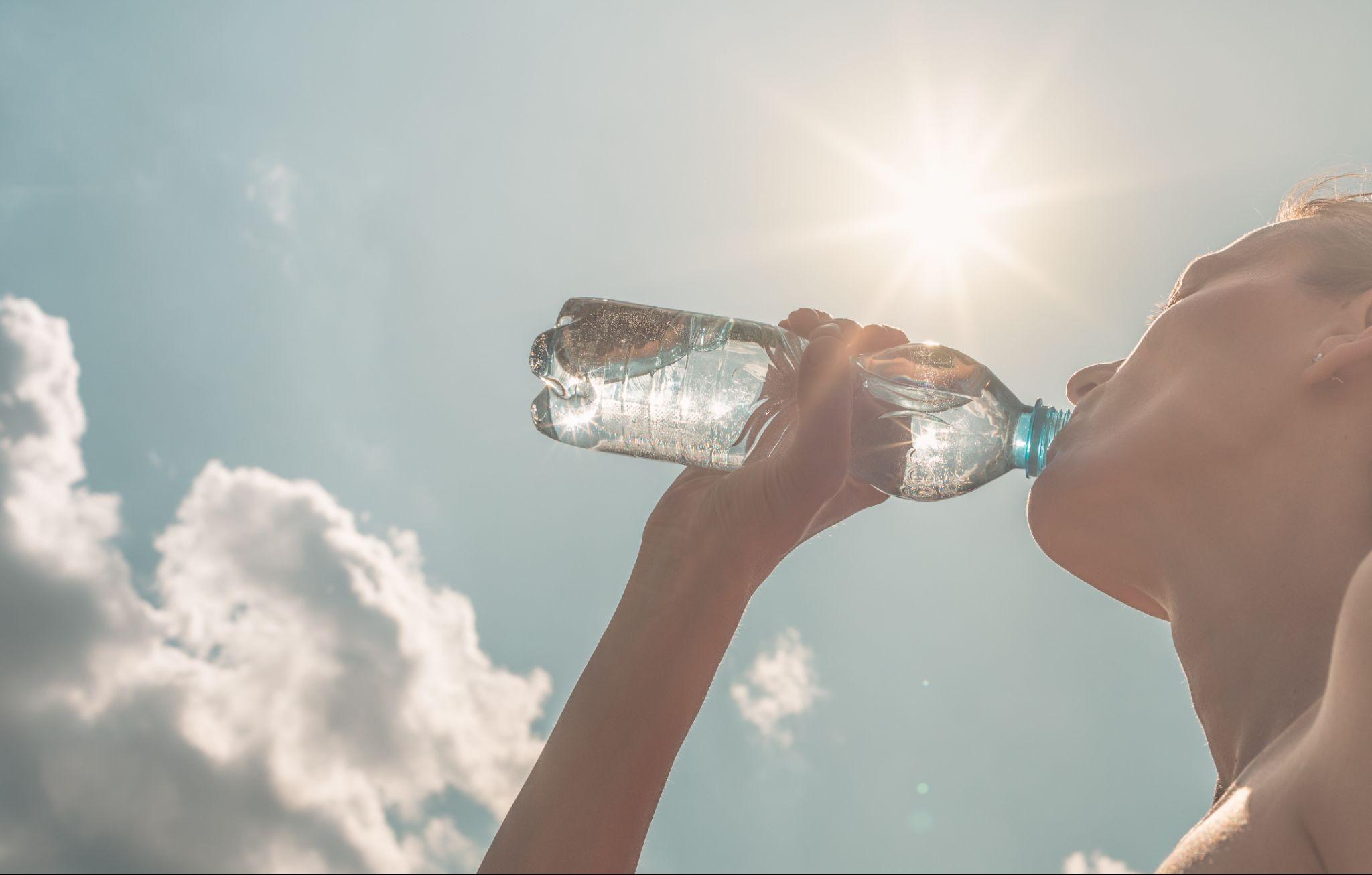Hydration is a vital aspect of health that becomes even more critical during withdrawal and recovery from addiction. The process of withdrawing from substances places immense stress on the body, increasing its need for water to function optimally.
During this period, dehydration can amplify withdrawal symptoms, hinder physical recovery, and strain mental well-being. Understanding how to maintain hydration and why it matters can make a significant difference in navigating recovery.
The Role of Hydration in the Body
Water is the cornerstone of life, essential for nearly every bodily function. Here are some key roles it plays:
Nutrient Transport: Water carries nutrients, including oxygen, vitamins, and minerals, to cells, ensuring they function correctly.
Temperature Regulation: Hydration helps regulate body temperature, especially during stress, fever, or physical exertion—conditions often experienced during withdrawal.
Waste Elimination: The kidneys and digestive system rely on water to filter toxins and remove waste products from the body.
During addiction recovery, the body works overtime to repair itself and expel the harmful substances accumulated during substance use. Staying hydrated supports these processes, enabling the body to heal more efficiently.
Impact of Dehydration on Withdrawal Symptoms
Withdrawal is a physically and psychologically difficult process, and dehydration can intensify the experience. Common withdrawal symptoms such as headaches, fatigue, and irritability are often worsened by insufficient hydration. Here’s how dehydration exacerbates these symptoms:
- Dehydration reduces blood flow and oxygen delivery to the brain, often leading to severe headaches, especially during dehydration from alcohol withdrawal.
- The body needs adequate hydration to produce energy. Dehydration during withdrawal can cause extreme fatigue and lethargy, making it harder to cope with the recovery process.
- Dehydration impacts hormone balance and brain function, heightening mood swings and irritability.
By prioritizing hydration, individuals can mitigate some of these challenges and make the withdrawal process more manageable.
Substance-Specific Dehydration Effects
Different substances affect hydration levels in unique ways.
Alcohol is a potent diuretic, meaning it increases urine production and leads to fluid loss. This can result in severe dehydration, especially during withdrawal. Alcohol withdrawal and dehydration often go hand in hand, as the body struggles to regain balance after prolonged alcohol use.
Stimulants like powdered cocaine, methamphetamine (meth), and ecstasy increase physical activity and body temperature, leading to excessive sweating and fluid loss.
Opioids can slow digestive processes, causing constipation and fluid imbalances.
While cannabis doesn’t directly dehydrate the body, it can cause dry mouth or reduce the urge to drink water.
Understanding these effects is crucial for identifying specific hydration needs during recovery.
Benefits of Proper Hydration in Recovery
Staying hydrated during withdrawal and recovery provides numerous physical and mental benefits. These include:
Improved Mood: Proper hydration helps regulate hormones and supports emotional stability, countering the mood swings common during withdrawal.
Enhanced Energy Levels: Water is essential for metabolic processes that produce energy, which is especially needed as the body heals.
Better Cognitive Function: Hydration supports brain health, improving focus, memory, and decision-making—key elements for recovery success.
Support for Physical Healing: Proper hydration aids in tissue repair, immune function, and overall health, providing a solid foundation for long-term recovery.
Practical Hydration Tips
Maintaining hydration during withdrawal and recovery doesn’t have to be complicated. Here are some practical tips on how to prevent dehydration:
Set a daily goal. Aim for at least 2–3 liters of water, adjusting for activity level, climate, and individual needs.
Start your day hydrated. Drink a glass of water first thing in the morning to replenish fluids lost overnight.
Carry a reusable bottle. Having water readily available encourages regular sipping throughout the day.
Incorporate hydrating foods. Nutritious fruits and vegetables like cucumbers, oranges, watermelon, and celery are excellent sources of water.
Balance electrolytes. Use electrolyte-rich drinks, such as coconut water or sports beverages, to maintain electrolyte balance, especially during periods of sweating or nausea.
Set reminders. Use alarms or apps on your phone to remind yourself to drink water regularly.
By following these strategies, you can learn how to prevent dehydration effectively during recovery.
Addressing Common Hydration Myths
Misinformation about hydration can lead to confusion, particularly during recovery. Let’s debunk some common myths:
All fluids hydrate equally. This isn’t true. Beverages like coffee and alcohol have diuretic effects, which can dehydrate rather than hydrate. Water remains the best option for staying hydrated.
You can overhydrate easily. While overhydration (hyponatremia) is possible, it’s rare and typically occurs only under extreme circumstances, such as drinking excessive water in a short period. Moderation is key.
Feeling thirsty is the best indicator of hydration. Thirst is actually a late sign of dehydration. To stay ahead, drink water consistently throughout the day.
Dispelling these myths empowers individuals to make informed decisions about hydration.
Focus on Alcohol Withdrawal and Dehydration
It’s important to note that the withdrawal process from alcohol should be done under the guidance of a medical professional. Alcohol withdrawal and dehydration present unique challenges during recovery. Alcohol causes the body to lose fluids rapidly, leading to a state of dehydration that can worsen withdrawal symptoms like headaches, nausea, and irritability. During dehydration from alcohol withdrawal, the body may also struggle to regulate temperature and eliminate toxins efficiently.
To combat these effects, it’s important to:
- Drink small sips of water frequently if nausea is present.
- Include electrolyte-replenishing drinks to restore balance.
- Avoid caffeinated beverages, which can exacerbate dehydration.
Staying hydrated not only alleviates withdrawal symptoms but also supports the body’s ability to heal from alcohol-related damage.
Start Healing Today With Lumina Recovery
Hydration is a foundational aspect of withdrawal and recovery, supporting both physical and mental healing. By staying properly hydrated, you can reduce withdrawal symptoms, improve your overall well-being, and set the stage for a successful recovery journey.
At Lumina Recovery, our detox program ensures that clients are safely supported through the critical first stages of withdrawal, while residential inpatient treatment provides comprehensive care.
If you’re ready to prioritize your health and recovery, reach out today to learn how we can help. Take the first step toward a healthier, brighter future.



